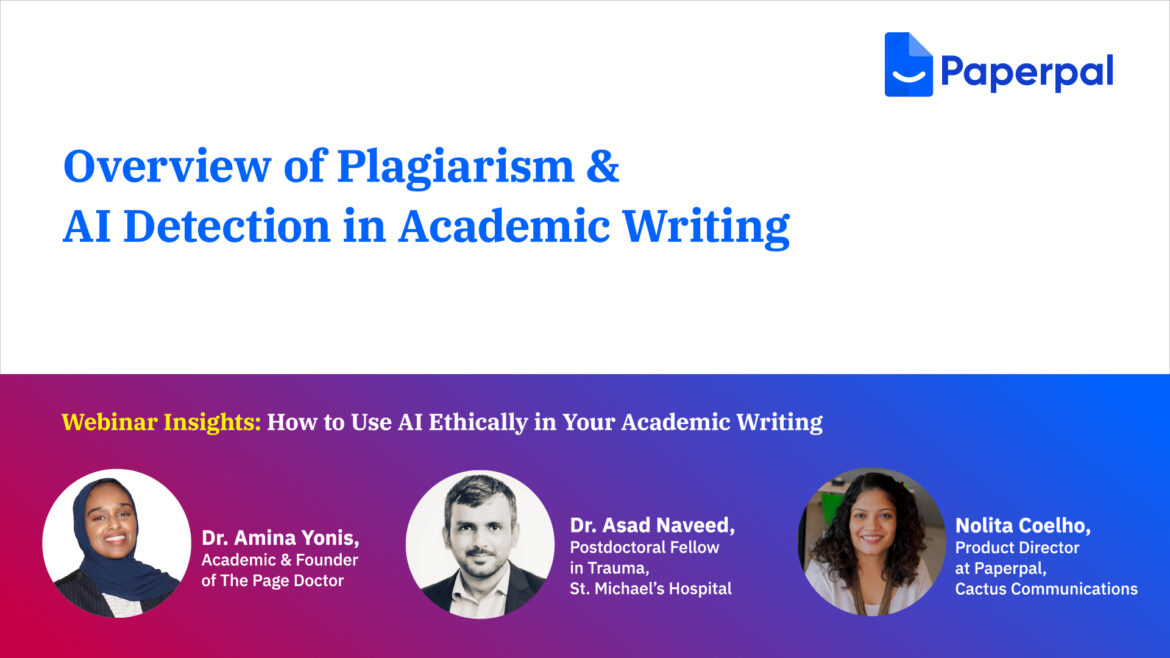Scholarly or academic sources of information are typically intended for academic audiences and are primarily based on scientific, evidence-based research and well thought out ideas and theories. They differ from popular or general sources in terms of their formal structure, authority, rigor, and purpose. Scholarly sources are authored by experts …
Academic Writing Guides
All research studies involve the use of the scientific method, which is a mathematical and experimental technique used to conduct experiments by developing and testing a hypothesis or a prediction about an outcome. Simply put, a hypothesis is a suggested solution to a problem. It includes elements that are expressed …
Students and early career researchers need to distinguish clearly between academic and general or non-academic writing. Both types of writing have their respective styles, structures, and basic guidelines that writers use depending on the matter and the audience they are intended for. It’s crucial to understand the implications of mixing …
In academic writing, researchers and scholars need to consider the tonality and sweep of their statements and claims. They need to ask themselves if they are being too aggressive in trying to prove a point or too weak. If you’ve ever struggled to ensure your academic writing sounds confident yet …
With the integration of AI, the academic trends are gradually starting to leverage the AI tools to enhance the quality and efficiency of their work. From grammar correction to content generation, these digital assistants AI-powered tools have revolutionized the writing process by providing language editing, paraphrasing, and structural guidance to students …
Have you ever stared at a blank email draft, unsure how to approach your professor about that upcoming assignment? Or maybe you’ve drafted an email to a journal showcasing your research, but something feels off? Students and PhD researchers like you often face challenges when it comes to communicating with …
In just the last year, I have noticed the emergence and rise in the number of artificial intelligence (AI) tools available for students and academics. ChatGPT was released to the public at the end of 2022 and this marked the start of AI being made accessible as a productivity tool …
The use of AI tools in academic content creation has sparked a debate on the ethical implications of using AI-generated abstracts without any modifications. While some argue that reproducing the abstract generated by an AI tool without any modifications may not necessarily be unethical, others raise concerns about the originality …
Originality has always been a cornerstone of academic success. But the landscape is changing. With the rise of AI writing assistants, the line between helpful tool and sneaky shortcut is blurring. This raises a crucial question: can traditional plagiarism checkers, a student’s reliable partner to detect plagiarism, keep pace with …
Researchers and scholars must pay considerable attention to the choice of words in academic writing. Academic writing is characterized by its focus on accurately reporting new ideas and discoveries, which are then used to build new research and knowledge. Any unintended errors in phrasing can mislead or confuse readers, limiting …












